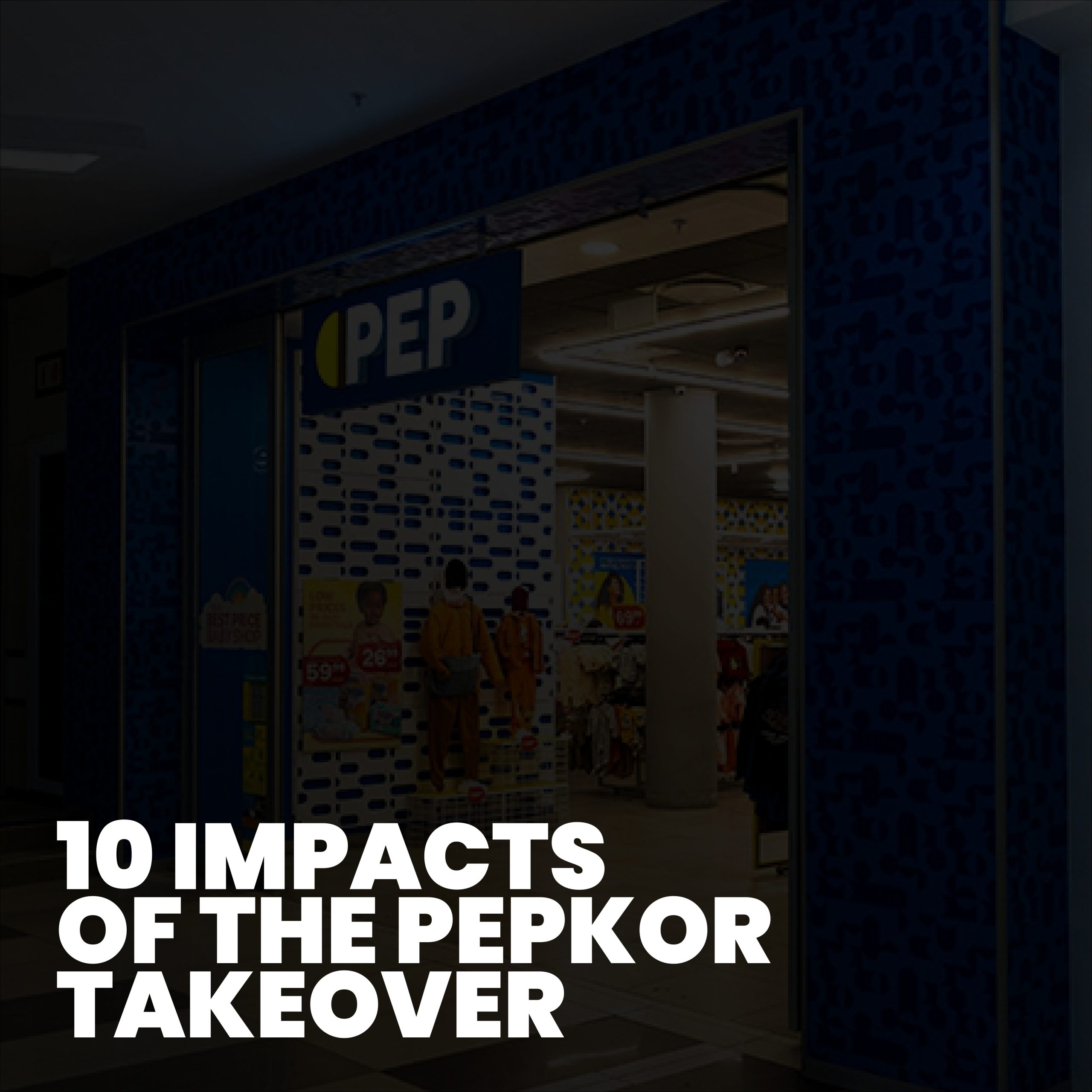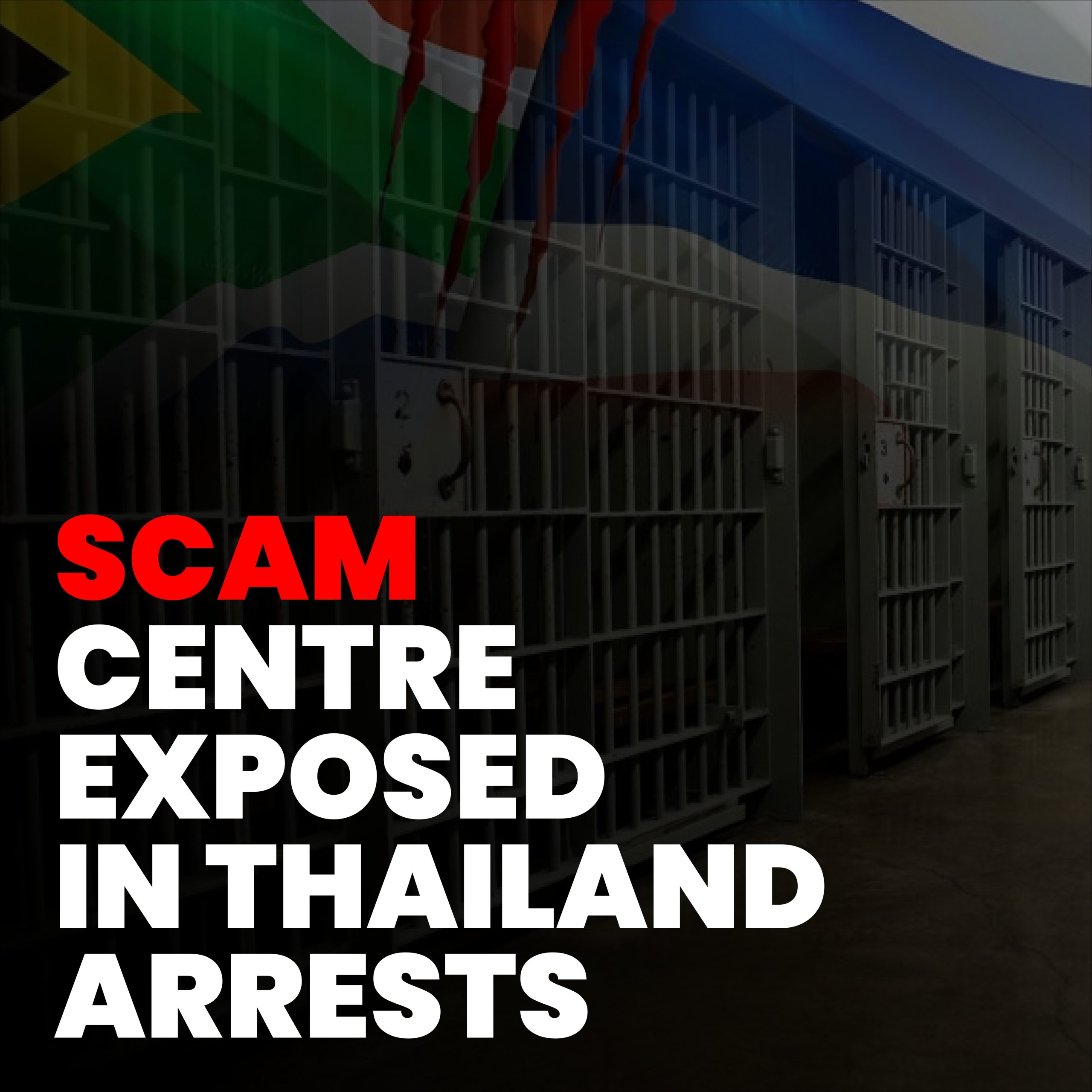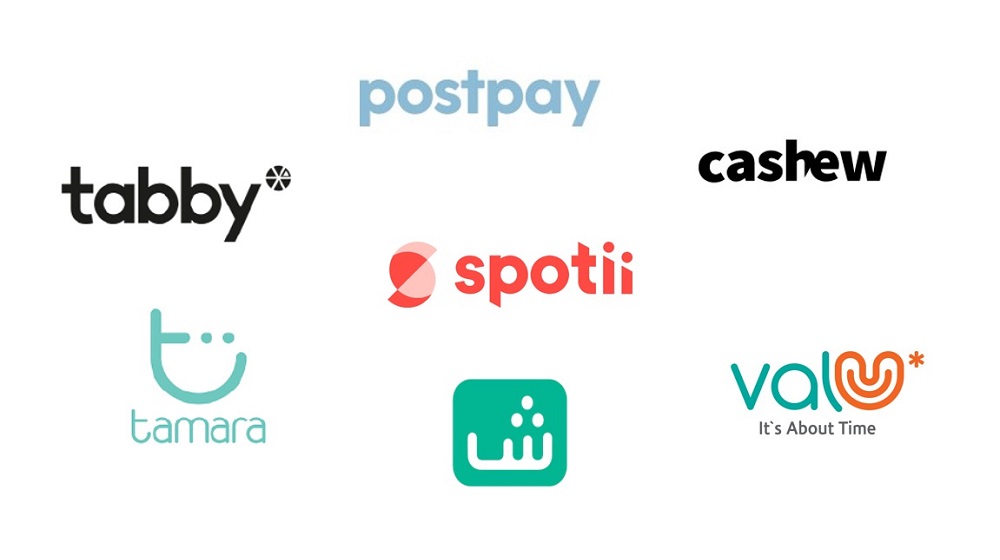Introduction
The Pepkor takeover of Retailability’s brands — Legit, Swagga, Style, and Boardmans — marks a defining shift in South Africa’s retail story. At a transaction value of roughly R1.7 billion (≈US$98 million), the acquisition adds almost 500 stores to Pepkor’s portfolio and cements its place as the country’s largest value-driven retailer. Beyond expanding store counts, the deal transforms customer access, product strategy, and competition across the retail sector. This article explores 10 market transformations that will reshape how South Africans shop, work, and engage with fashion and lifestyle retail in the years following this milestone.
Pepkor takeover deepens national retail reach
By integrating Retailability’s store network, Pepkor now controls over 1,400 outlets across South Africa. This expanded reach strengthens its connection to both urban and township markets. With stores located near transport hubs and shopping corridors, customers gain easier access to affordable fashion and homeware. Increased scale also supports consistent pricing and wider stock availability nationwide. The broader network transforms Pepkor into a retailer that truly mirrors South Africa’s diversity — geographically, economically, and socially.
Pepkor takeover reshapes women’s fashion landscape
Among the most notable changes from the acquisition is Pepkor’s stronger foothold in women’s fashion. The addition of Legit injects youthful, style-driven energy into Pepkor’s portfolio. Legit’s reputation for trendy yet affordable pieces complements the group’s practical value offerings. By combining Legit’s brand appeal with Pepkor’s logistics and supply chain efficiency, shoppers will enjoy fresher fashion at stable prices. This creates a ripple effect across competitors, forcing them to innovate faster and rethink pricing strategies.
Pepkor takeover revives household and lifestyle retail
With the return of Boardmans, South Africans are seeing a revival of a once-loved homeware brand. Under Pepkor’s management, Boardmans will benefit from improved supply chains and targeted pricing. Expect curated ranges focused on everyday home essentials — from bedding to kitchenware — at value-driven prices. The resurgence of Boardmans signals a consumer shift: as more people prioritise home comfort and design, affordable décor and homeware will drive steady growth. This revival diversifies Pepkor’s revenue streams beyond fashion and footwear.
Pepkor takeover amplifies competition and innovation
Competition in South Africa’s retail sector is intensifying. The Pepkor takeover pushes rivals like Mr Price and The Foschini Group to adapt rapidly, expanding online presence and launching new product lines. Consumers benefit most from this competitive surge — with improved choice, quality, and promotions. The acquisition effectively resets industry benchmarks for scale and affordability. Innovation, once optional, has become essential for survival. The outcome is a livelier, more customer-centric retail market shaped by choice and accessibility.
Pepkor takeover supports retail job growth
One of the most positive outcomes of this acquisition is its potential to secure and create jobs. Thousands of employees transition to Pepkor’s structure, gaining access to training, benefits, and career development programs. The company’s logistics, IT, and merchandising departments will expand to manage the increased store volume. Indirectly, suppliers, manufacturers, and local delivery partners also gain from Pepkor’s rising demand. This sustained employment growth strengthens communities and adds stability to the broader economy — a crucial win amid South Africa’s unemployment challenge.
Pepkor takeover accelerates local manufacturing partnerships
Pepkor’s increased store network and purchasing volume create opportunities for local producers. The Pepkor takeover enables more investment in domestic textile and furniture manufacturing. Producing locally reduces exposure to global shipping costs and currency volatility. It also aligns with South Africa’s economic goals to strengthen local industries. Expect gradual shifts toward local production of fast-moving apparel and select homeware ranges. These efforts not only enhance supply reliability but also contribute to job creation and industrial growth.
Pepkor takeover fast-tracks digital and omnichannel retail
The digital transformation of retail in South Africa accelerates with this acquisition. The integration of Legit, Style, and Boardmans into Pepkor’s e-commerce system means customers can now shop online and in-store seamlessly. Services such as click-and-collect, mobile payments, and doorstep delivery enhance convenience. Improved data analytics will enable targeted offers based on shopping behaviour. This shift is more than a tech upgrade — it’s a redefinition of accessibility for millions of South Africans now shopping across devices and locations.
Pepkor takeover boosts consumer affordability and access
For consumers, the biggest transformation lies in affordability. By leveraging economies of scale, Pepkor can secure products at lower costs and pass those savings to shoppers. Value retailing becomes more reliable and widespread, particularly for middle- and lower-income groups. Combined with strong distribution, this ensures consistent product access even in smaller towns. The result is a tangible improvement in cost-of-living relief for everyday households — one of the most direct impacts of the acquisition.
Pepkor takeover influences retail investment trends
The deal has already changed investor sentiment. Committing R1.7 billion during a volatile economy signals optimism in South Africa’s long-term retail fundamentals. The acquisition’s manageable size relative to Pepkor’s market cap reassures shareholders about prudent spending. If the integration delivers projected returns, confidence could extend beyond Pepkor to the entire retail sector. More investment may follow in logistics infrastructure, digital innovation, and local manufacturing capacity. This transformation positions retail as a stable, growth-oriented pillar of the economy.
Pepkor takeover drives sustainable retail operations
Sustainability is emerging as a defining feature of modern retail. The expanded Pepkor group can implement eco-conscious practices on a larger scale — including waste reduction, energy-efficient logistics, and responsible sourcing. By embedding sustainability into its operations, Pepkor not only meets growing consumer expectations but also strengthens long-term profitability. This shift reflects a broader industry move toward ethical, transparent, and environmentally sound retailing. It’s an evolution that benefits both business and society.
FAQs
What brands were part of the Pepkor takeover?
The acquisition included Retailability’s Legit, Swagga, Style, and Boardmans brands, expanding Pepkor’s retail mix.
How large is Pepkor’s retail network after the acquisition?
Following the deal, Pepkor operates more than 1,400 stores across South Africa, covering both urban and rural markets.
How does the acquisition impact consumers?
Customers gain wider product access, better pricing, and enhanced online shopping options through Pepkor’s integrated systems.
Conclusion
The Pepkor takeover signals a transformative era for South African retail. Beyond store expansion, it reshapes fashion, lifestyle, and digital retail access for millions of consumers. Its influence extends to job creation, industrial growth, and sustainability — strengthening the economy from multiple angles. As competitors adjust and markets evolve, Pepkor’s leadership in value retail is likely to set the pace for years ahead. The deal demonstrates that strategic growth, when paired with innovation and inclusion, can redefine an entire industry’s future.




